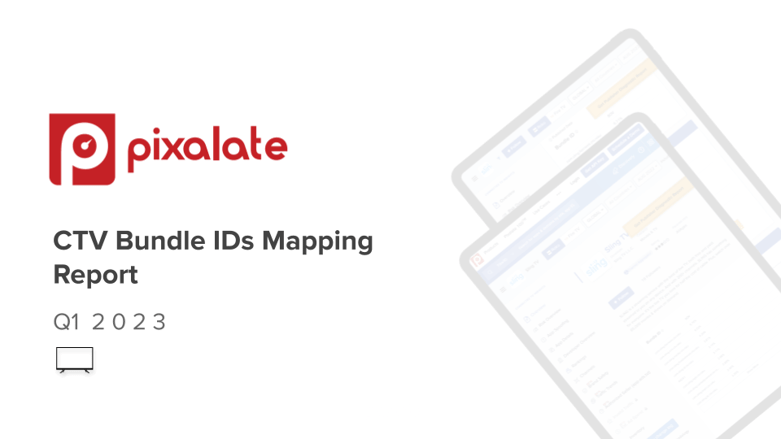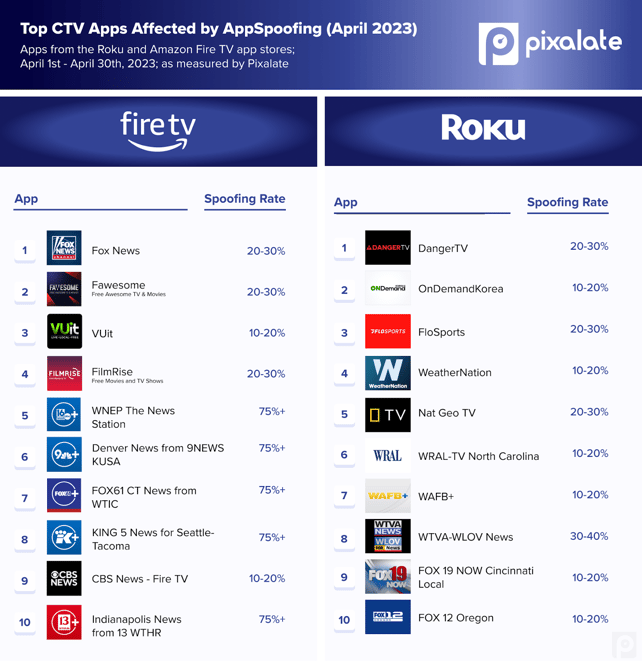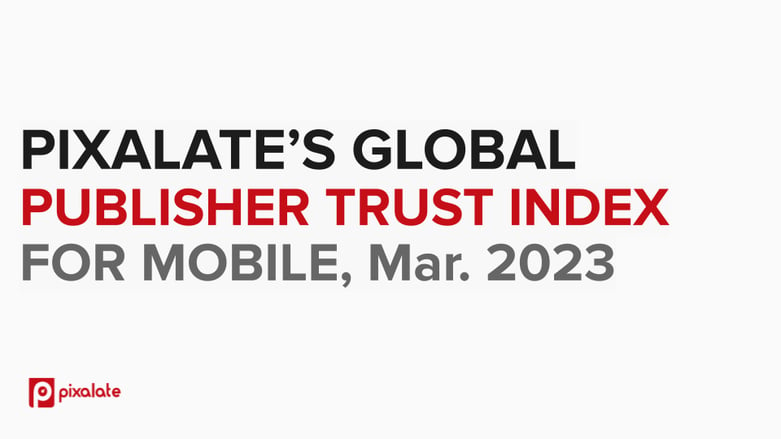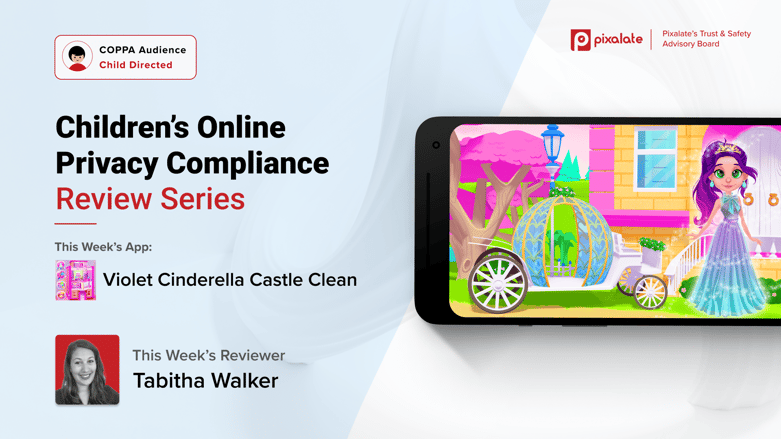
This week's review of ad fraud and privacy in the digital advertising space:

Pixalate this week released the Q1 2023 CTV Bundle ID Mapping Report, a study of billions of open programmatic CTV ad transactions in Q1 2023 to provide insights into the scale of variations in CTV Bundle IDs. Find out more in this blog and get free access to the report below.

We also released the April 2023 CTV App Spoofing Report, where we highlight unique forms of invalid traffic (IVT), inclusive of “ad fraud,” across the Connected TV (CTV) open programmatic advertising marketplace. Read more in this blog and access the report below.

This week we also released the March 2023 Publisher Trust Index (PTI), a global approach to quality measurement and monthly rankings of the world's mobile and Connected TV (CTV) apps, bringing transparency to the programmatic advertising ecosystem. You can find out more in this blog and check out the rankings below.

Pixalate's Trust & Safety Advisory Board published five new manual reviews this week where they assess an app’s child-directedness:
You can search Pixalate's full catalogue of reviews in our CTV and Mobile App Review Page

Lastly, we followed up on the February 2023 CTV Device Global Market Share Report, which revealed the top CTV devices across 3 key regions (North America, APAC, and LATAM) based on share of open programmatic ad traffic. We thought it would be beneficial to highlight some of the most interesting findings from the report in this blog. Access the full report below.
*By entering your email address and clicking Subscribe, you are agreeing to our Terms of Use and Privacy Policy.
These Stories on Weekly Recaps
*By entering your email address and clicking Subscribe, you are agreeing to our Terms of Use and Privacy Policy.

Disclaimer: The content of this page reflects Pixalate’s opinions with respect to the factors that Pixalate believes can be useful to the digital media industry. Any proprietary data shared is grounded in Pixalate’s proprietary technology and analytics, which Pixalate is continuously evaluating and updating. Any references to outside sources should not be construed as endorsements. Pixalate’s opinions are just that - opinion, not facts or guarantees.
Per the MRC, “'Fraud' is not intended to represent fraud as defined in various laws, statutes and ordinances or as conventionally used in U.S. Court or other legal proceedings, but rather a custom definition strictly for advertising measurement purposes. Also per the MRC, “‘Invalid Traffic’ is defined generally as traffic that does not meet certain ad serving quality or completeness criteria, or otherwise does not represent legitimate ad traffic that should be included in measurement counts. Among the reasons why ad traffic may be deemed invalid is it is a result of non-human traffic (spiders, bots, etc.), or activity designed to produce fraudulent traffic.”

